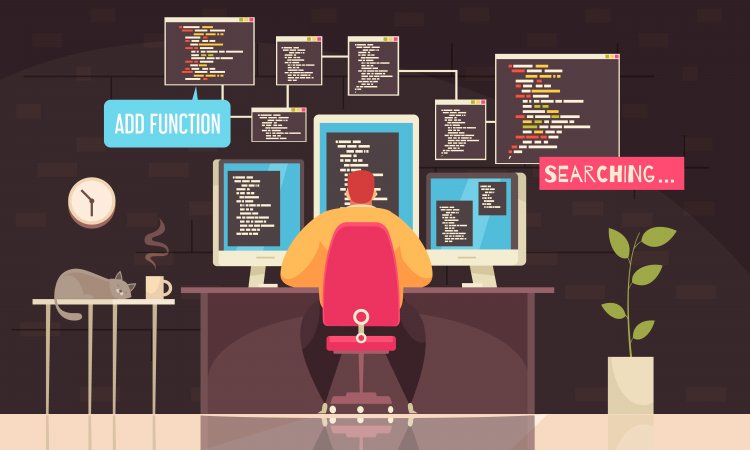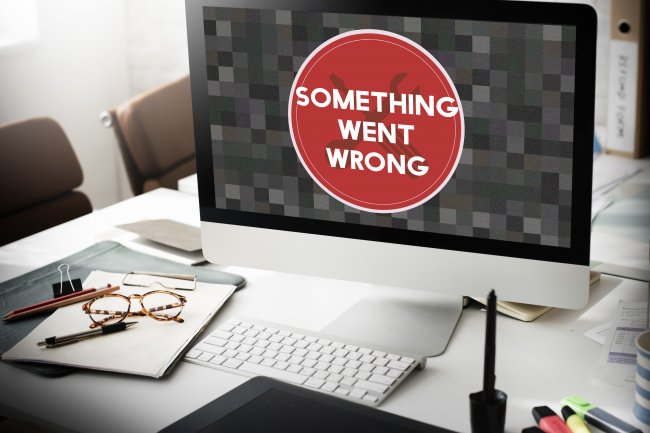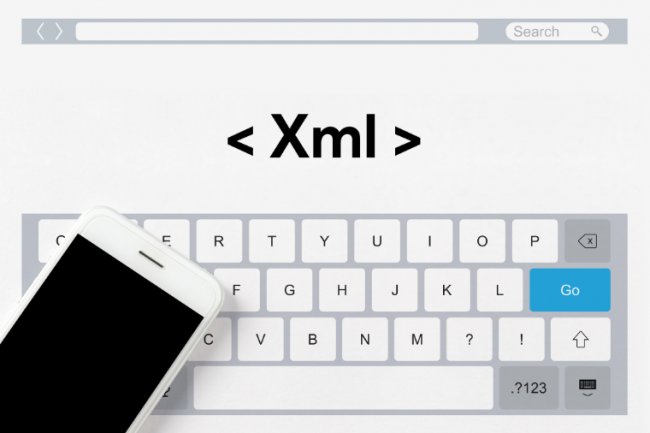Linux Drivers Pros and Cons

Today I'd like to discuss The Drivers, a contentious topic in the GNU Linux community. When comparing and contrasting Windows and Linux, common topics of discussion include the benefits of free software, the adaptability of GNU/Linux-based systems, and the difficulty of getting up to speed on both. The issue of driver compatibility was also a hot topic back in the day but has since faded from the spotlight. Users tend to believe, and statistics tend to back them up, that Windows and Apple products are more compatible than Linux and Unix.
Driver complaints on Linux have been around for a long time, but with the exception of a few isolated examples (such as NVIDIA drivers), they are no longer as much of a concern as they once were. Well, then, that's what it has to be, right? In other words, what caused the disparity to narrow between then and now?
Without the work of everyone who has contributed to the Linux kernel and the management enhancements provided by Linus Torvalds, this advancement would not exist today. Drivers are just one of several elements in this widely-used kernel that facilitate hardware-software interaction.
This is hilarious since it is unique to this operation type; with Windows, for example, the situation is the full reverse. Here's why: I'll explain why it's imperative that all Windows-compatible hardware be built in the first place (XP, 7, 8, 10). The maker of such a peripheral must go to the trouble of carrying out the entire task, and must also ensure that it is compatible with all Windows versions.
The Linux kernel has the opposite view since its contributors are the ones required to make changes to the code. Thankfully, manufacturers have taken on a more cooperative stance, providing assistance to Kernel in the form of either the driver adapted by the kernel itself or at least enough information for programmers to create their own driver in a way that allows the peripheral to be integrated into systems with the installed kernel.
Would you say this approach is more or less effective? Honestly, the best response would be, "that is a great question!"
Because it would be your problem if the peripheral wasn't compatible, rather than the kernels or OS's, the manufacturer takes care of the tedious task of integrating drivers that are immensely convenient for you. However, this benefit comes with a significant drawback for the end user, who stands to lose out if the manufacturer fails to optimize its product for a given setting, or if the product becomes obsolete due to a lack of resources. In either case, the person who has shelled out a certain sum to purchase the product in question is left high and dry.
I'm going to base my explanation on something I've witnessed in the real world very recently. A member of my social circle recently purchased some antiquated hardware that required compatibility with his modern Windows 10 PC via an equally antiquated gadget (although this worked correctly). To my utter dismay, when I plugged it into my Linux-running laptop, it didn't work, and the manufacturer's supplied drivers only worked up to Windows 7. Why?
In large part, this is because of the philosophy upheld by the Linux kernel, which states that once a driver is added to one version of the Kernel, all subsequent versions include it, and that driver is typically not removed until many years later when the peripheral is not only obsolete but is not used by anyone. For the most part, with the exception of the latest drivers, we can rest assured that our Linux systems will be 100% compatible with our peripherals, regardless of the years they have been on the market or the operating system in use, so long as the kernel version used is compatible with the device in question.
It doesn't matter what method is used, but there's no denying that each has its own unique set of pros and downsides.
Although Windows is still superior to Linux in terms of adaptation to the latest peripherals, the philosophy of Linux aids us in that once these drivers have been uploaded to the core, these will last for the passage of time, which is a significant plus for these systems.
What's Your Reaction?














